Artificial Nutrition, often referred to as enteral or parenteral nutrition, is a vital lifeline for individuals who are unable to consume food or fluids adequately through their normal diet. Whether due to illness, injury, or other medical conditions, Artificial Nutrition can provide a multitude of benefits, improving health, well-being, and quality of life.
Key Benefits of Artificial Nutrition:
- Essential Nutrient Delivery: Artificial Nutrition provides a precisely formulated mixture of essential nutrients, including proteins, carbohydrates, fats, vitamins, and minerals. This ensures that the body receives the necessary building blocks for optimal health and function.
- Improved Nutritional Status: For individuals struggling with malnutrition or nutrient deficiencies, Artificial Nutrition can be a life-line. By delivering essential nutrients directly, it helps restore nutritional balance and supports overall health.
- Enhanced Energy Levels: Adequate nutrition is essential for providing the body with energy. Artificial Nutrition can help combat fatigue and improve energy levels, allowing individuals to engage in daily activities with greater vitality.
- Improved Wound Healing: Nutrients are essential for tissue repair and wound healing. Artificial Nutrition can provide the necessary building blocks to support the healing process, leading to faster recovery and reduced risk of complications.
- Reduced Hospital Stays: In many cases, Artificial Nutrition can help individuals recover from illness or surgery more quickly, leading to shorter hospital stays and reduced healthcare costs.
- Enhanced Quality of Life: By providing essential nutrients and supporting overall health, Artificial Nutrition can help individuals maintain their independence and improve their quality of life.
Important Considerations:
While Artificial Nutrition offers numerous benefits, it’s important to consult with a healthcare professional to determine if it’s appropriate for your specific needs. Each individual’s situation is unique, and the decision to use artificial nutrition should be made in consultation with a qualified medical expert.
Additionally, it’s essential to monitor for any potential side effects or complications associated with Artificial Nutrition. Regular assessments and adjustments may be necessary to ensure optimal outcomes.
By understanding the benefits and considerations of Artificial Nutrition, individuals can make informed decisions about their healthcare and improve their overall well-being.







